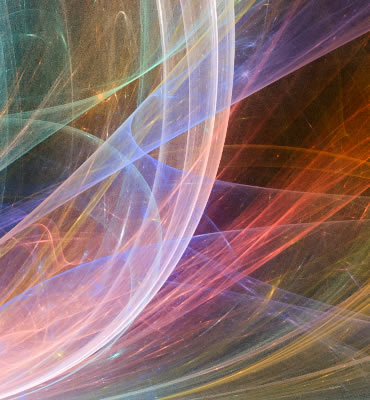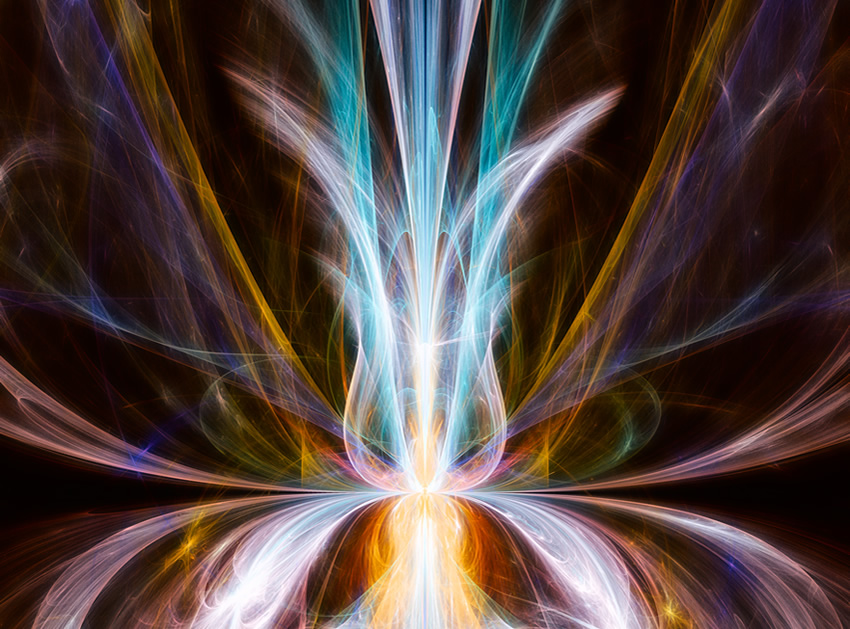Art in the West is more often than not viewed as a luxury. A non-essential diversion for the well off. It is not at all clear to many what role art has in society, and governments and arts organisations struggle in their efforts to justify funding art from public taxes as they support obscure works that often fail to connect with the general population. The public is presented with a seemingly simple choice: should taxes be used to pay for a new wing of a hospital, or to buy a painting to hang in a gallery that relatively few people will visit or care that much about? The public perceive the value and choice of art within a marketplace, when in truth art has little to do with buying and selling.
Works of art, in my opinion, are the only objects in the material universe to possess internal order, and that is why, though I don't believe that only art matters, I do believe in Art for Art's sake ~ E.M. Forster
Would you buy the artwork presented above? Or are you more intrigued by its form, colours and associations rather than its economic worth? Art is far more than commodity. Art expresses, comments upon, and enriches our lives. Art makes sense of our place in the world and is often of great value yet of little price: for example, a child's painting. The painting may not be aesthetically sophisticated, but it is a powerful expression of how the child experiences the world. The painting is for the child and connects the child with those who view it. The market plays no part in our relationship with the painting. The art the child has created is without price, that is, priceless.
At its root, art is essentially spiritual and taps our senses in its path to our hearts, but unlike religion, art does not require faith. It simply is. Art is amoral and human centred. We experience it, are persuaded or not by it, connect or not with others because of it, and our eyes are opened or not as a result of it. The choice and experience of it is all ours. The experience is 'owned' by us and cannot be sold. Art has an intrinsic value but we must judge its value according to our own lights. We have to take responsibility for its value rather than allowing others to make those judgments for us. Art makes us act.

People still see Hamlet four hundred years after it was first written, some for its historical perspective, but most by far for the observations, comments, and truths it contains about the human condition. Although art doesn't necessarily ask questions or provide answers, it can help bring us into a state of consciousness about the world around us. The more effort we make, the more time we give, the more enriched we become.
Art is born of the imagination, an original and singular vision rather than a cloned mass-produced object spewed forth from a factory or production line. If money ceased to exist as inevitably one day it will, art will continue to flourish.
As to what art is, that is for each of us to decide. What is art to one, is craft to another. Profound or superficial, we each have our views. For me it is not the view that is of most significance, but rather our need to view that make us whole.
. . .
Next: Art and Money


